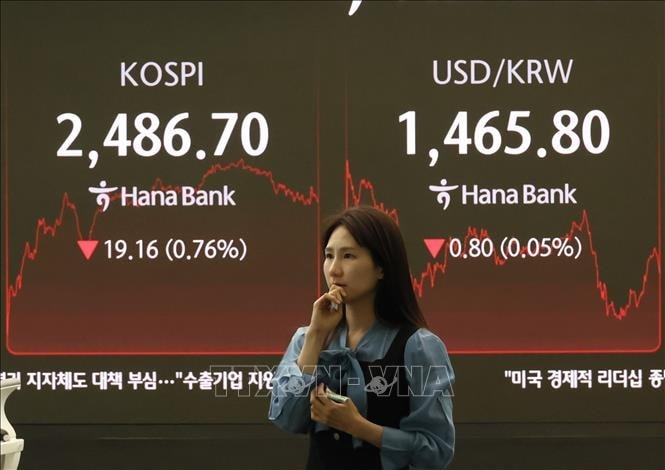
In the middle of the trading session on April 9, European stocks recorded a sharp decline ranging from 3 to 4%. Specifically, as of 8:00 p.m. Vietnam time, economies facing a 20% tax rate from the US such as France and Germany recorded a decrease in the main indexes of 4.2 and 4.3% in value, respectively.
Subject to a 10% tax rate, the UK also saw the FTSE 100 index fall 3.7% to 7,615.53 points. European stock markets all recorded declines of 3-6% during the trading session. Red also flooded exchanges in Africa and the Middle East, but the declines were not large.
The decline in European stock markets accelerated after China announced its response to US tariffs, with a tax rate of up to 84%. The US market is also expected to fluctuate strongly as US stock futures fell more than 100 points after Beijing's move was announced late afternoon on April 9, Vietnam time.
Previously, the trading session of Asian markets also witnessed strong fluctuations, blowing billions of USD from stock exchanges, strongly affecting commodity markets and emerging markets.
On April 9, Japan's Nikkei 225 and Topix indexes fell 3.93 and 3.4%, respectively. South Korea's Kospi index fell 1.74%, losing more than 20% of its value from its peak in July 2024 and confirming that it has fallen into a bear market.
Most Asian markets were in the red, with average losses of more than 2%. In contrast, major Chinese indices all recorded slight gains. Hong Kong's Hang Seng Index (China) rose 0.68%, while in Shanghai, the Shanghai Composite Index rose 1.31% at the close.
The volatility is not limited to the stock market, the US is also experiencing a sharp sell-off in government bonds, adding to evidence that they are losing their status as a traditional safe haven. The sharp rise in the yield on the 30-year US government bond has led to a rise in the yields on British and Japanese bonds, with the yield on the 30-year UK government bond rising to its highest level since May 1998.
Foreign exchange markets were similarly roiled as the yuan weakened to a record low against the greenback, while the South Korean won also hit its weakest level since 2009 during the global financial crisis.
Along with that, oil prices have fallen to a four-year low along with a plunge in metal prices.
Source: https://baohaiduong.vn/chung-khoan-lao-doc-sau-don-tra-dua-cua-trung-quoc-409066.html



![[Photo] General Secretary To Lam receives French Ambassador to Vietnam Olivier Brochet](https://vstatic.vietnam.vn/vietnam/resource/IMAGE/2025/4/17/49224f0f12e84b66a73b17eb251f7278)
![[Photo] Promoting friendship, solidarity and cooperation between the armies and people of the two countries](https://vstatic.vietnam.vn/vietnam/resource/IMAGE/2025/4/17/0c4d087864f14092aed77252590b6bae)
![[Photo] Nhan Dan Newspaper announces the project "Love Vietnam so much"](https://vstatic.vietnam.vn/vietnam/resource/IMAGE/2025/4/17/362f882012d3432783fc92fab1b3e980)
![[Photo] Closing of the 4th Summit of the Partnership for Green Growth and the Global Goals](https://vstatic.vietnam.vn/vietnam/resource/IMAGE/2025/4/17/c0a0df9852c84e58be0a8b939189c85a)
![[Photo] National Assembly Chairman Tran Thanh Man meets with outstanding workers in the oil and gas industry](https://vstatic.vietnam.vn/vietnam/resource/IMAGE/2025/4/17/1d0de4026b75434ab34279624db7ee4a)
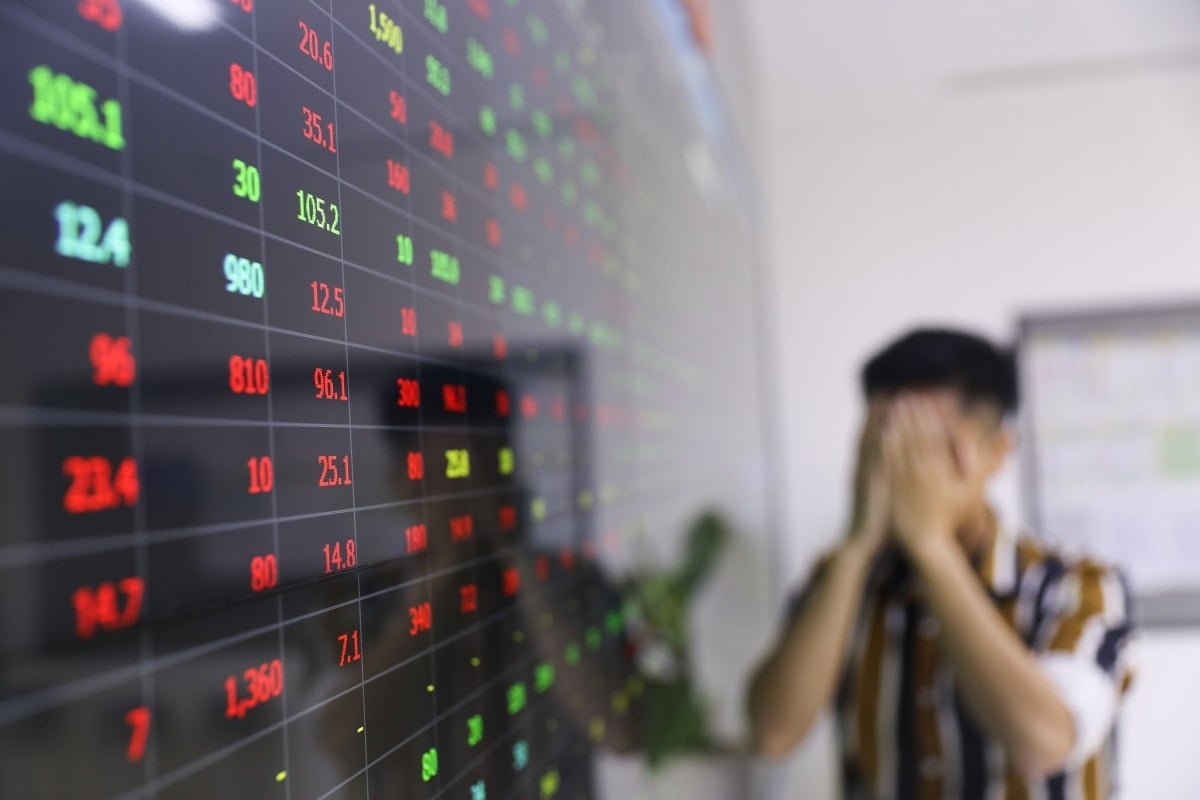
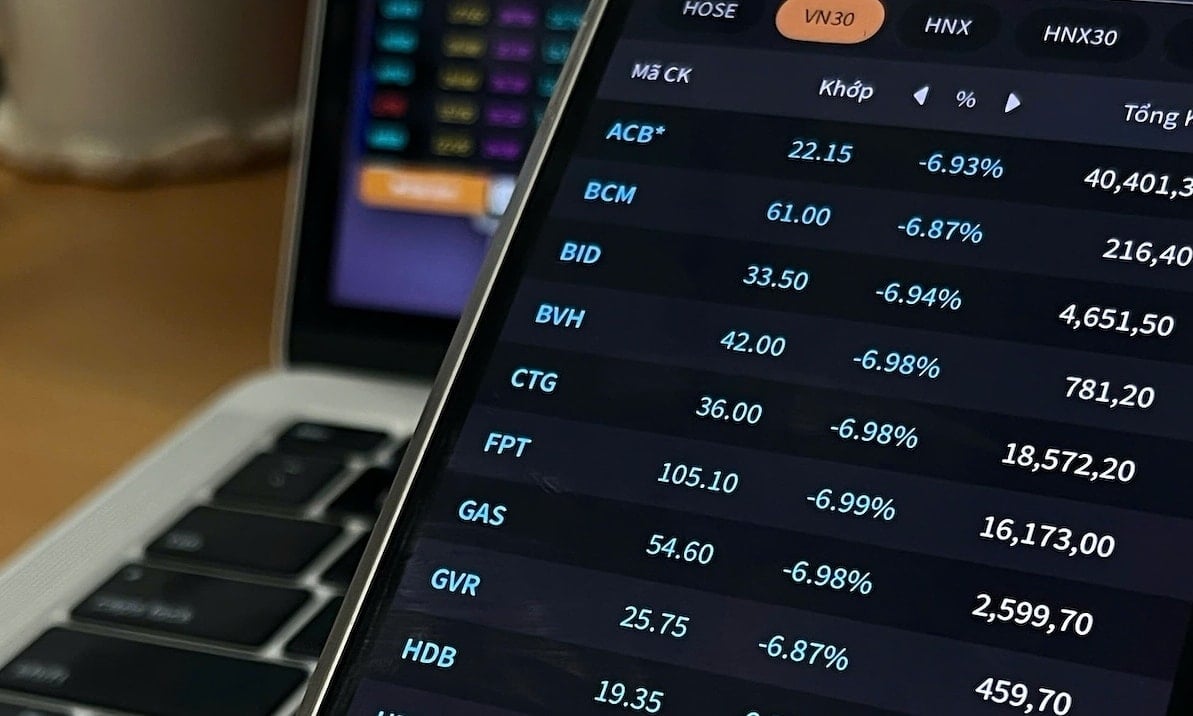

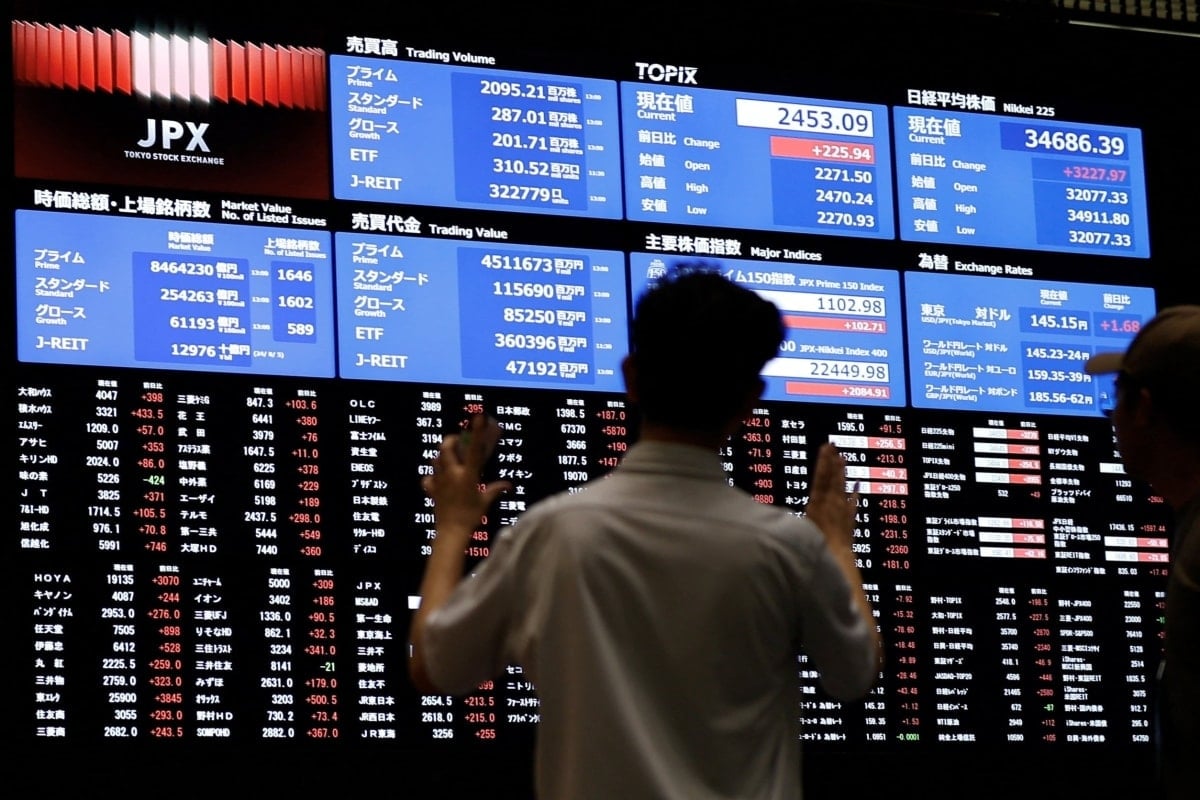
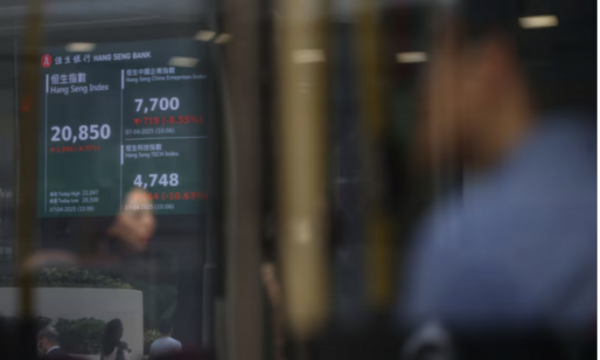
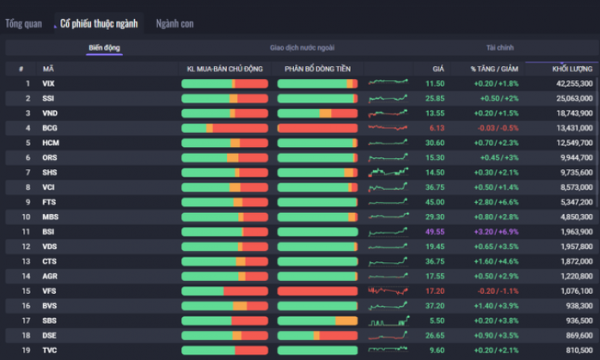
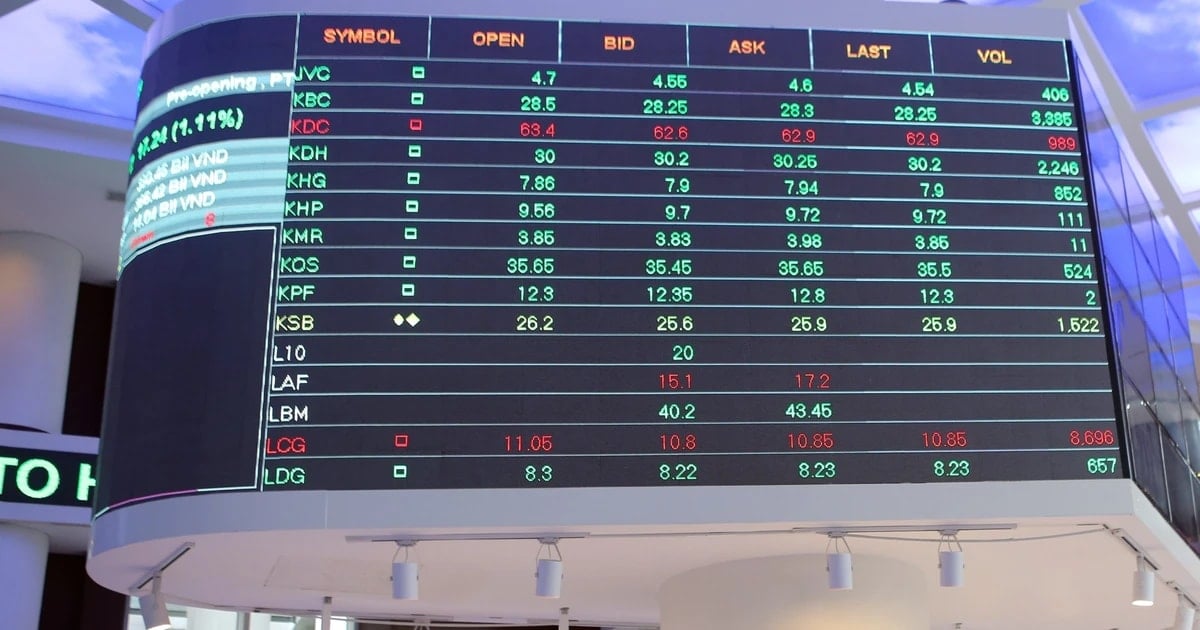



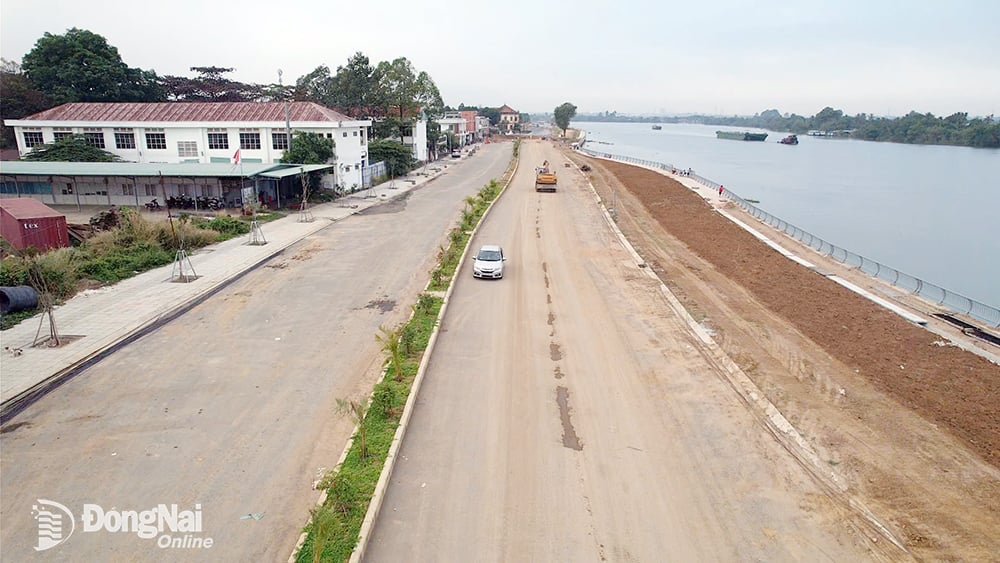

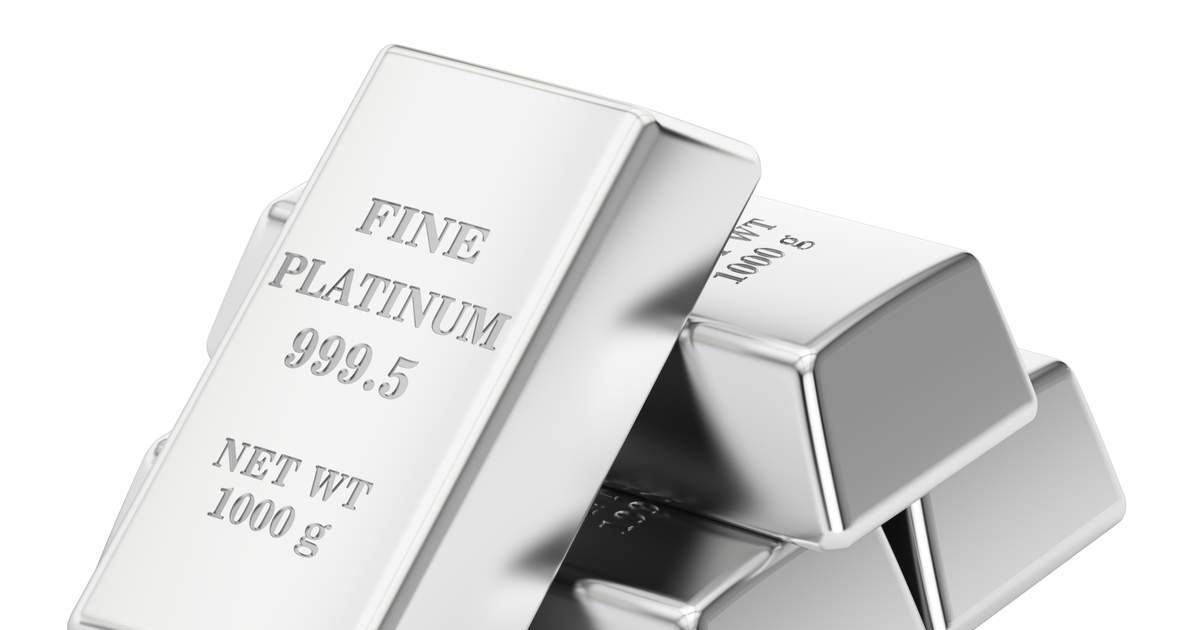





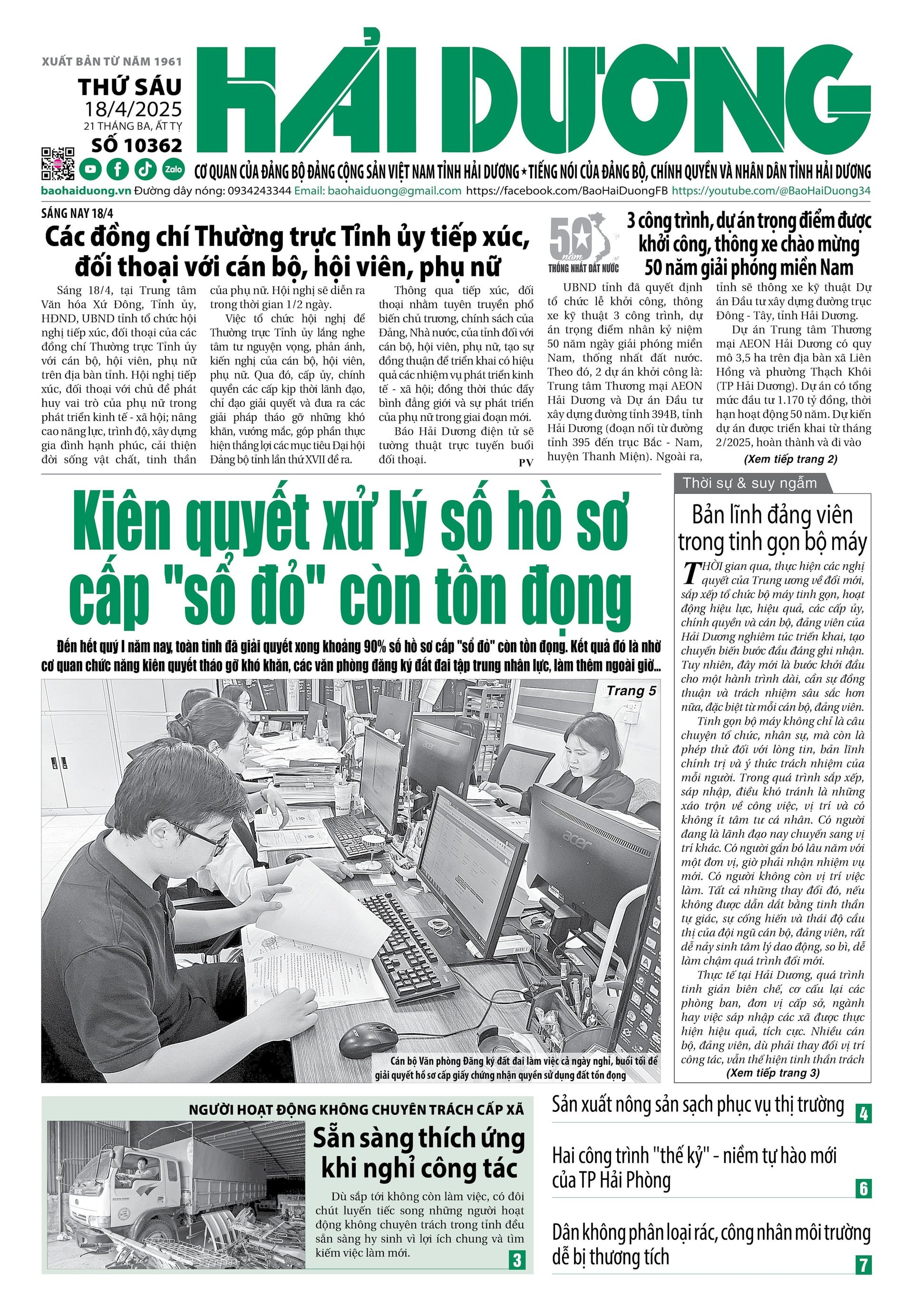



![[Photo] Welcoming ceremony for Chinese Defense Minister and delegation for friendship exchange](https://vstatic.vietnam.vn/vietnam/resource/IMAGE/2025/4/17/fadd533046594e5cacbb28de4c4d5655)




























![[Video] Viettel officially puts into operation the largest submarine optical cable line in Vietnam](https://vstatic.vietnam.vn/vietnam/resource/IMAGE/2025/4/17/f19008c6010c4a538cc422cb791ca0a1)


































Comment (0)